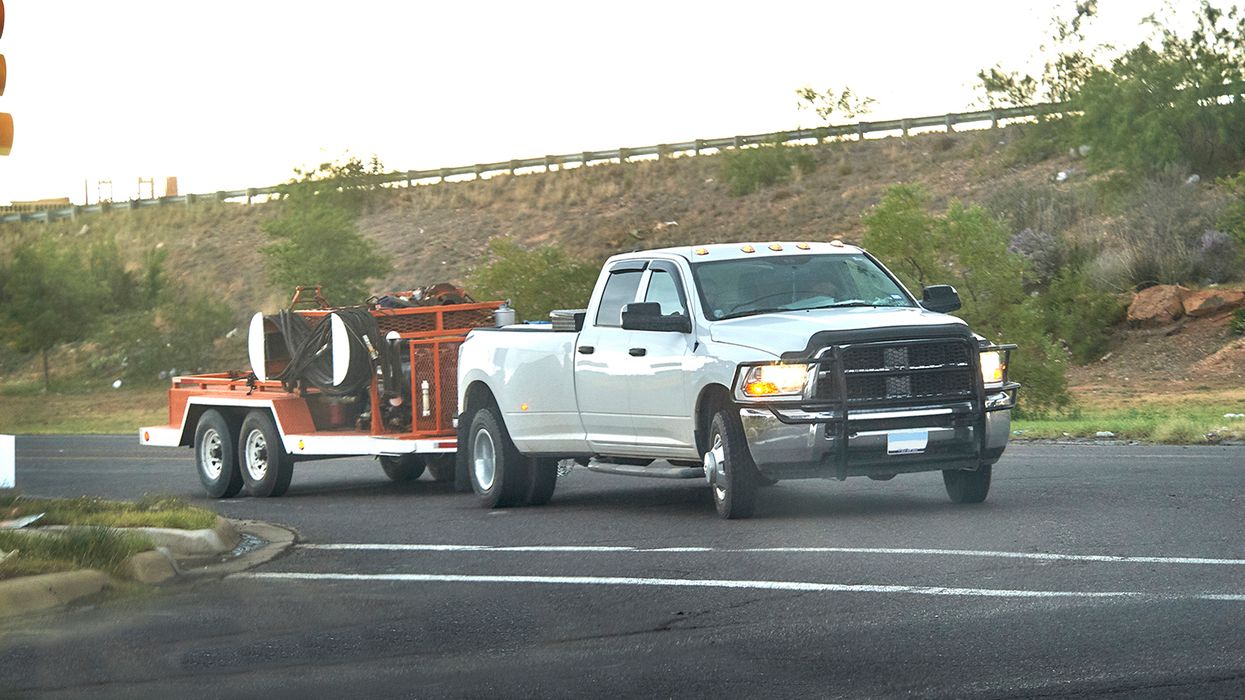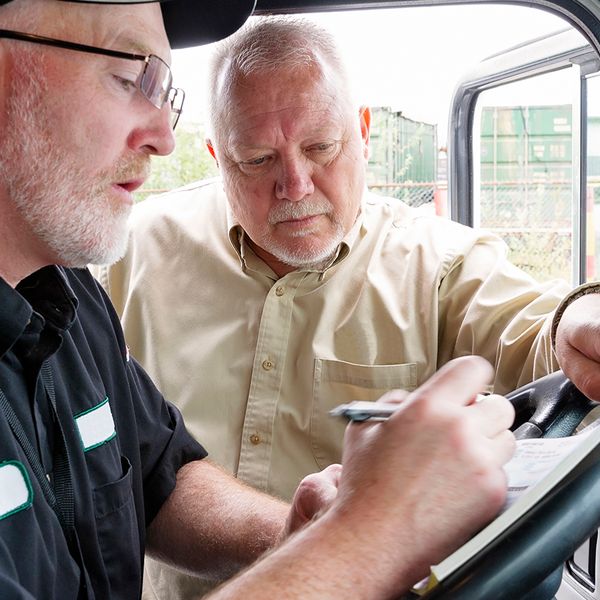Don’t cross the (state) line without U.S. DOT compliance
Crossing a state or national border in a commercial vehicle just one time could make you subject to certain U.S. DOT regulations for months or even years to come.
That’s according to an announcement late last year from the Federal Motor Carrier Safety Administration (FMCSA) in which the agency quietly reasserted its authority over motor vehicles and drivers that get involved in interstate commerce — even for a single, short trip.
The two-week HOS ‘rule’
For many years, the FMCSA has enforced a policy that requires in-state truck and bus operators to follow federal hours-of-service rules for the week before and the week after any interstate movement. One week after returning to in-state-only (intrastate) operations, the driver may then return to following their state’s hours-of-service rules, which may be less strict than federal rules.
This policy, found in the FMCSA’s official guidance for 49 CFR 390.3, refers only to the hours-of-service rules and not other safety regulations like driver qualification or vehicle maintenance. How do those other rules apply to an in-state operation that needs to cross state lines?
| Read more about the two-week HOS rule in our ezExplanation: 14/15-day rule. |
4 months can turn into years
According to the FMCSA’s November 2022 announcement, a motor carrier that gets involved in interstate commerce — even for a short period of time — must comply with all other Federal Motor Carrier Safety Regulations (FMCSRs) for the duration of the trip plus another four months.
(The agency says it could also enforce the hours-of-service rules for four months, but that length of time “is not necessary to prevent fatigue.”)
Compliance doesn’t end there, however.
The FMCSA “has jurisdiction over motor carriers, vehicles, and drivers for a 4-month period after a trip in interstate commerce,” the agency wrote. “However, records must be retained for whatever period is required by the FMCSRs, even if that period exceeds 4 months.”
This means a motor carrier may need to produce records for a federal DOT audit for many years after an interstate trip, and failure to produce those records could result in big fines.
For example ...
Suppose, for example, that a driver doing in-state-only work in a truck over 10,001 pounds is exempt from needing a driver qualification (DQ) file under state law, but now that driver needs to do a trip across state lines. This makes the driver and company subject to FMCSA compliance.
- Prior to the trip, the company would need to create an FMCSA-compliant DQ file, complete with a medical card.
- For the duration of the interstate work, the driver and motor carrier would need to comply with all the FMCSRs, including all recordkeeping requirements.
- Once the driver returns to in-state-only work, the company must retain the DQ file (and other records) for as long as the FMCSRs require. For DQ files, this means the duration of the driver’s employment plus another three years.
If the FMCSA decides to audit the carrier a few years after the interstate trip but the carrier cannot produce the driver’s file, it could mean a hefty fine.
Know when the FMCSRs apply
If you’re normally engaged in intrastate operations but may have a need to cross state lines or otherwise get involved in interstate commerce, be sure you know which rules apply, when, and for how long.
Keep in mind that the FMCSRs apply to many types of vehicles that are not regulated when operating in intrastate commerce. The FMCSRs apply to all “commercial motor vehicles” as defined in 49 CFR 390.5, which includes vehicles operating in interstate commerce that weigh or are rated at 10,001 pounds or more (including all vehicles in a combination), even if a commercial driver’s license is not required.
Key to remember: The FMCSA has reasserted its authority to regulate in-state motor carriers for four months after they engage in interstate work, though recordkeeping requirements may continue to apply for years.





















































